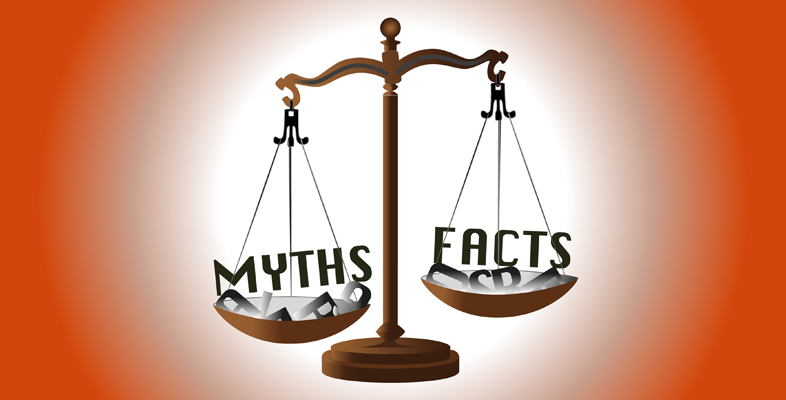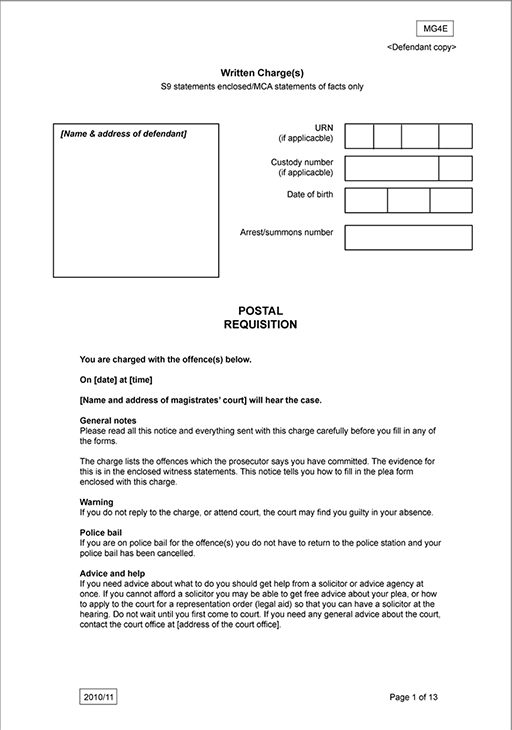3.1 Truth?
The police have a duty to protect the public by preventing and detecting crime. The law also gives them special powers to help them carry out that duty.
Police powers and duties
Police powers are intended to allow officers to perform their duty to prevent and detect crime. For example, they can search people, vehicles and buildings, collect evidence, arrest and question suspects, and move people (e.g. protestors) from locations.
Box 5 Types of law
Police powers and duties are set out in two types of law:
- Common law is made through cases heard before the courts. The police’s duty to protect the public is a common law duty.
- Statute law is found in Acts: laws passed by Parliament. Police powers are defined in statutes such as the Police and Criminal Evidence Act 1984 (PACE).
Enforcing the law
The police investigate crime and gather evidence. They may identify and question suspects. They start the court process when they charge a suspect with an offence, either at the police station or by ‘postal charge’ (a written charge sent to the suspect along with a postal requisition requiring them to attend court).
For minor offences, the court process may start with a summons instead of a charge. The summons is a document requiring the accused person to attend court on a specific day.

